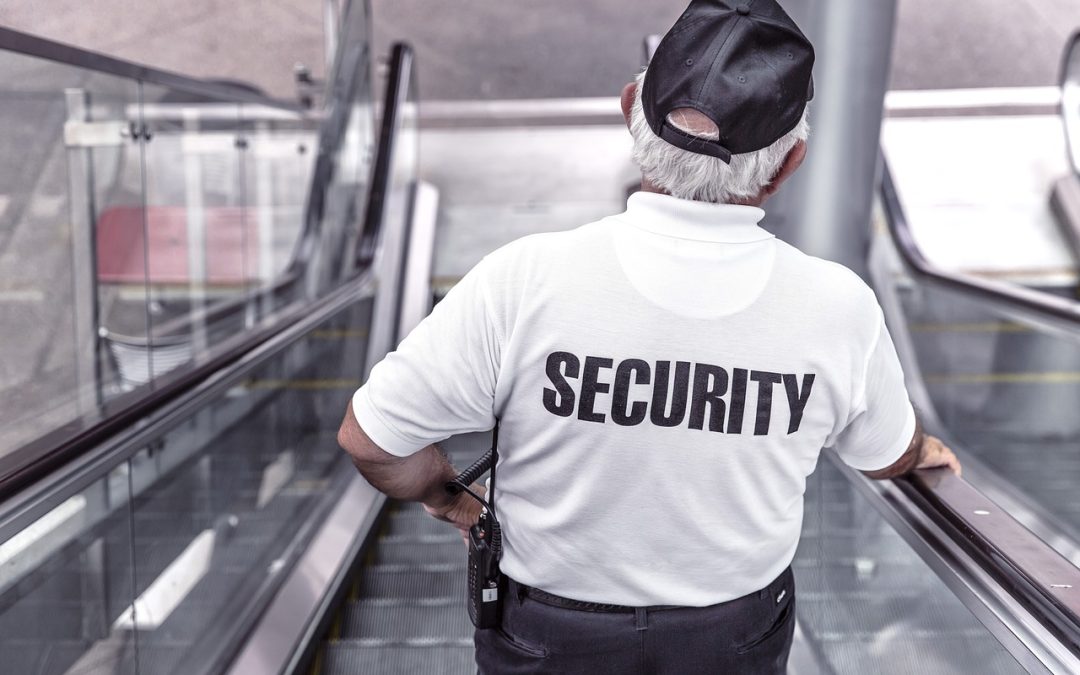When you’re out in public, you may encounter private security guards patrolling shopping centers, apartment complexes, or event venues. While they’re not police officers, it’s natural to wonder: do they have the power to search you or your belongings? Knowing the answer can help you navigate these situations safely and confidently.
Private Security Guards: No Search Powers
In the United States, private security guards are not law enforcement officers, and they do not have the legal authority to search you or your property. The Fourth Amendment protects individuals from unreasonable searches and seizures, and private security guards do not possess the necessary legal authority to conduct searches.
Now, you might be thinking, “But what if the security guard asks me to empty my bag or let them search my car?” Remember, private security guards do not have the power to detain you or search your belongings without your consent. If you’re unsure about their authority, you can politely ask to clarify their role and the purpose of the search.
Consent Searches: Know Your Rights
In some cases, they might request your consent to search your belongings. It’s essential to understand that you have the right to refuse consent. If you’re unsure or uncomfortable with the request, you can say, “I’d prefer not to consent to a search. Is there another way we can resolve this?” Remember, consent must be voluntary, and you should not feel coerced or intimidated into agreeing to a search.
Keep in mind that if you do consent to a search, it may still be subject to legal scrutiny. Courts will evaluate the circumstances surrounding the consent to ensure it was voluntary and not the result of coercion or deception.
Practical Tips: Staying Safe and Asserting Your Rights
When interacting with private security guards, follow these guidelines:
- Stay calm and polite: Avoid escalating the situation, and speak clearly and respectfully.
- Ask questions: Clarify their role, the purpose of the search, and what authority they have.
- Know your rights: Refuse consent if you’re uncomfortable, and don’t feel pressured to agree to a search.
- Seek clarification: If you’re unsure about the situation or the guard’s role, request to speak with a supervisor or law enforcement officer.
“The right to be free from unreasonable searches and seizures is one of the most important rights guaranteed by the Fourth Amendment.”
In conclusion, remember that private security guards do not possess the legal authority to search you or your belongings. Stay informed about local laws and regulations, and don’t hesitate to assert your rights confidently and respectfully. By knowing your rights and staying calm in these situations, you can ensure both your safety and your dignity.
The information at Observed.Org may not pertain to every jurisdiction. It is YOUR responsibility to know your rights and observe them. Nothing here should be considered legal advice.

